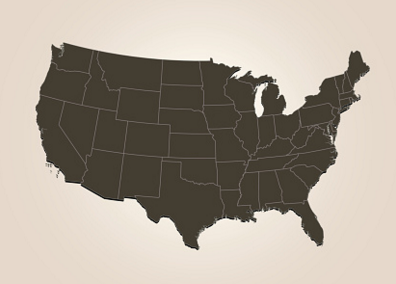James Fallows, a long-time contributor to The Atlantic, recently dedicated himself to a three-year travel spree to investigate more off-the-grid, up-and-coming cities in our nation in order to prove that America isn’t as doomed as some politicians would have us believe. His airplane tour took him from coast to coast, visiting cities like Duluth, Minn. for its aerospace centers and San Bernardino, Cal. for its attempt at a comeback since filing bankruptcy in 2012. After his trip he came up with a list of “Eleven Signs A City Will Succeed” and compared them to the cities he visited.
While I admire Fallows’ commitment and optimism, he seems to have made a fairly glaring oversight: he skipped Salt Lake City, where innovators and companies from around the world set up camp, people invest in research and technology, high rates of S.T.E.M. field employment and employment overall exist, and where the valley is even gaining recognition as a candidate to be “the next Silicon Valley.” Does that sound like we should be overlooked in a nation looking to rejuvenate itself? I don’t think so. Sure, Utah is known to kind of do its own thing. But our state currently has one of the best economies and overall work ethics and has proven more than hospitable to up and coming businesses.
Our state’s ability to accommodate successful business is partly due to the fact that two-thirds of its population has LDS cultural beliefs and values. I’ve written several pieces condemning Mormon doctrine and belief, but when it comes down to it, I’m grateful for the LDS church and its members for making our state, in large part, what it is today. Vauhini Vara, writing for The New Yorker on Feb. 3, 2015, talks about Mormons as having “a certain cultural knack for salesmanship and entrepreneurship” and said they also tend to be fairly well-educated — often speak foreign languages because of international missionary work — and that BYU is known for cranking out graduates who are well groomed for high-paying and innovative S.T.E.M. and finance-related careers.
Additionally, doing business along the Wasatch Front between Ogden and Provo is easy and efficient because our top three major cities are within close proximity to downtown Salt Lake City and each other via freeways, with a quick and easy-to-use transit system. Utah also contains family-owned, developed and operated businesses that contribute to a tight-knit system of partners, employers and employees which allows different businesses to easily cooperate with each other.
Utah, with its Mormon-dominated legislature and culture, might not be perfect, and people might frown on our culture and lack of diversity compared to other states. But overall, Utah is a state that is functioning very well in a time of rejuvenated opportunity and necessary adaptation with new technologies, social shifts and expectations for the future. You might be surprised by how well Utah stacks up to Fallows’ criteria for defining dynamic, exciting and well-positioned places to live and start your career.


